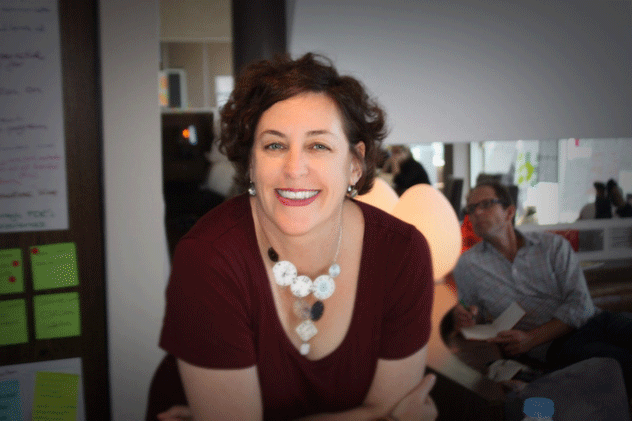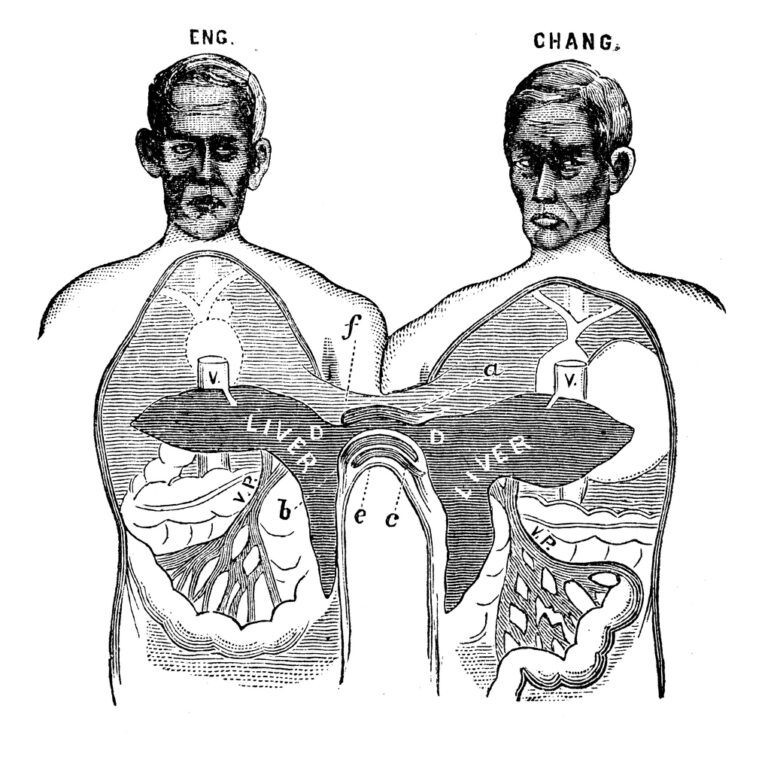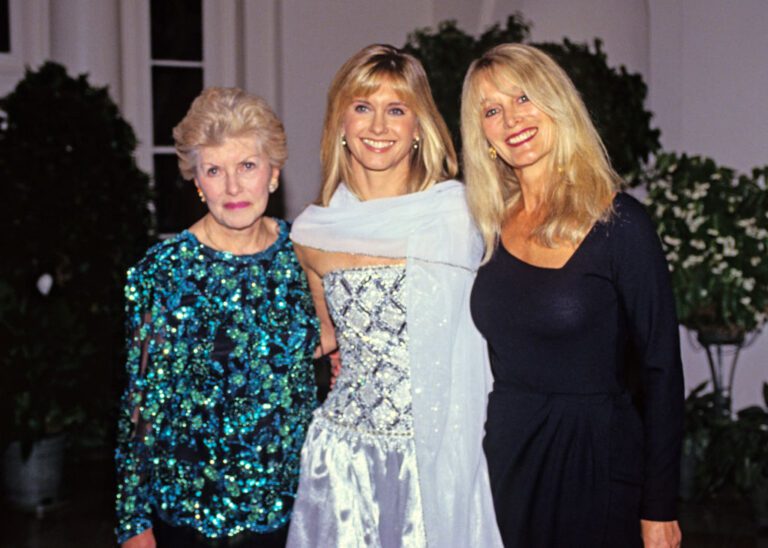Contrary to popular belief, being creative does not mean being artistic. This is the key message of creativity trainer and innovation consultant Pauline Larocca. “[Creativity is] not about being artistic, or even producing ideas,” Larocca explains. “It’s really about being in flow with yourself – that is your creative self.”
Larocca is an expert when it comes to helping people unlock their creative potential and generate innovation. After completing a Masters of Science in Creativity from Buffalo State University in New York, Larocca made it her mission to transform people’s lives by demystifying the creative process. She works with organisations and conducts in- depth creativity training sessions to make the workplace more innovative and inventive. “It’s not about necessarily producing more products or services, but about people being able to be more creative in their domain, whether it’s operations or admin,” she explains.
This isn’t as difficult as it sounds. “The beauty of the science of creativity is that there is a process you can follow. We teach people the mindset, the skill set and the tool set they need to ignite that creativity in addition to the creative problem-solving process,” she says, adding that what is important is detailing the more than 50 years of neuroscience behind the system.
“There are two sides of creativity and in academia they call it the ‘Big C’ and the ‘Little c’,” Larocca explains. The Big C is where the creative Van Goghs of the world sit. “What we’re talking about is the science of creativity or the ‘Little c’, or deliberate creativity.”
This way of thinking was pioneered by American psychologist Abraham Maslow, with Swiss psychoanalyst Carl Jung and American psychologist Carl Rogers also being key thinkers behind the work.
“It’s about trying to understand how the creative masters like the Leonardo Da Vincis think; what are their processes, and how can we decode them and actually use them in deliberate creative problem solving to overcome day-to-day issues.” One of Maslow’s key findings was that people who practice deliberate creativity were more emotionally resilient because they learned to reframe obstacles. “It’s about looking at the unconscious and how the brain actually makes decisions,” Larocca explains. “When we’re in day-to-day business we end up thinking in the ‘right or wrong’, ‘yes or no’ automatic type of thinking, which is the only type of thinking we reward.”
Instead, she recommends looking at associational thinking and patterns: “That is more of a flow state where you’re making disparate connections and actually seeing the realities from it.”
Being in a flow state allows people to see new patterns and question their assumptions about the world. To get to this point, Larocca recommends a holistic, mindful approach. “People can be very nervous, they think ‘oh, I’m not creative’. We must learn to quiet the need to judge and live in a space of curiosity and questioning.
“That is when you end up in a space where you are truly manifesting your best self.”
To maintain a balanced mindset, Larocca makes a point of meditating, writing out questions, practicing deferring judgement and allowing time for inspiration each day. She also encourages people to dream. “We get caught up in cultural norms and you have to give yourself the time to think, to dream, to play, to wonder. We have a lot of bad cultural semiotics around dreaming, but it’s such a beautiful state,” she insists. “Dreaming is really important in awakening that power and skill in people to imagine future realities, even if they’re seemingly unrealistic.”
Larocca’s first book,
Creativity+: The Catalyst for Creative Thinking, will be released in June. “I love teaching and facilitating and working with groups; that really does bring out the best in me.”







